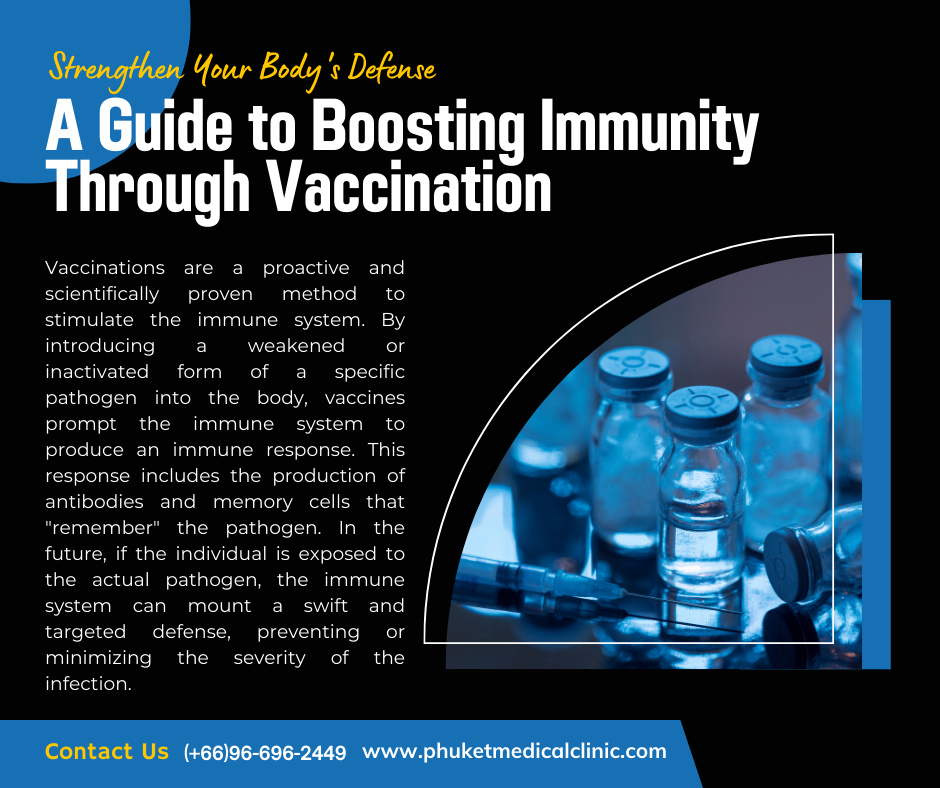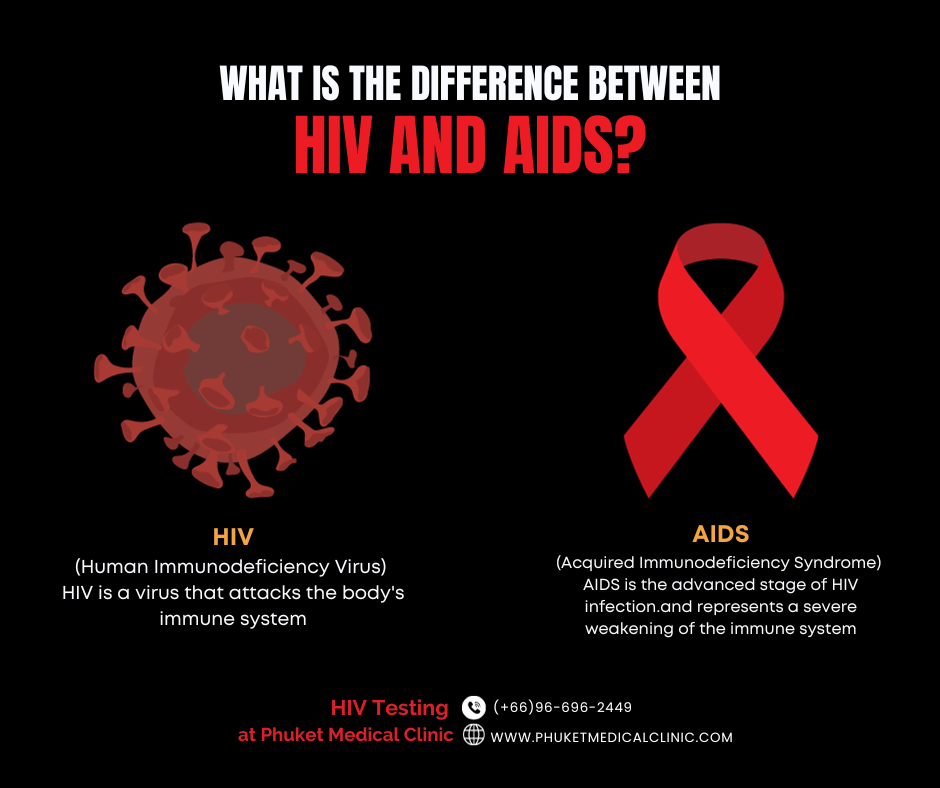In the intricate world of immunology, CD4 cells stand out as key players in orchestrating the body’s defense mechanisms. These specialized white blood cells, also known as T-helper cells, play a pivotal role in immune responses against pathogens and maintaining overall health. Delving into the realm of CD4 cells unveils their significance in combating infections and underscores the importance of understanding their function. This article aims to elucidate the role of CD4 cells in the immune system, shedding light on their mechanisms and implications for health.
Strengthen Your Body’s Defense: A Guide to Boosting Immunity Through Vaccination
In the ever-evolving landscape of health and wellness, one crucial aspect that demands our attention is the strength of our immune system. A robust immune system plays a pivotal role in safeguarding our body against various infections and diseases. One of the most effective ways to fortify your defenses is by ensuring you are up-to-date with vaccinations. In this article, we will explore the importance of vaccinations in building and maintaining a resilient immune system.
Understanding the Connection: How HIV Can Progress to AIDS
Human Immunodeficiency Virus (HIV) is a serious health condition that, if left untreated, can lead to Acquired Immunodeficiency Syndrome (AIDS). In this article, we will delve into the progression of HIV to AIDS, the factors influencing this transition, and the importance of early detection and treatment in preventing the development of AIDS.
What is Immunization?
Immunization often referred to as vaccination, is a medical process that involves administering a vaccine to stimulate the immune system. The primary goal of immunization is to help the body develop immunity against specific infectious diseases. This immunity allows the body to recognize and fight off these diseases more effectively if it is exposed to them in the future.
What is the difference between HIV and AIDS?
HIV (Human Immunodeficiency Virus) and AIDS (Acquired Immunodeficiency Syndrome) are often used interchangeably, but they represent two distinct stages of a complex disease process. To fully comprehend this crucial distinction, it’s essential to explore both HIV and AIDS separately and understand how they relate to one another. In this article, we will delve into the differences between HIV and AIDS, shedding light on their unique characteristics, transmission, symptoms, and progression.





